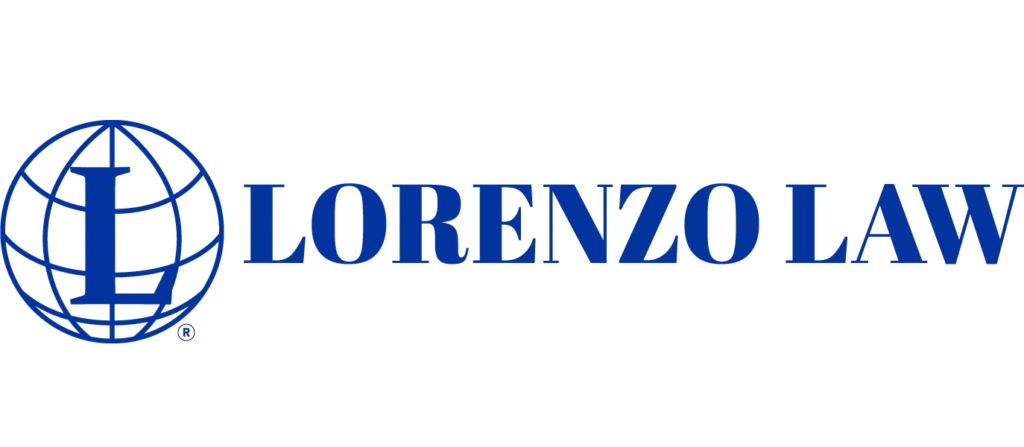Synopsis: SCOTUS Decision in FCC v. Consumers’ Research
On June 27, 2025, the United States Supreme Court issued its decision in Federal Communications Commission v. Consumers’ Research, Nos. 24-354 and 24-422, a case with significant implications for administrative law and the Universal Service Fund (USF). At issue was whether Congress had unconstitutionally delegated legislative power to the FCC by permitting it to set contribution rates for the USF, and whether the FCC further violated the Constitution by allegedly subdelegating that power to a private entity, the Universal Service Administrative Company (USAC).
In a 6–3 decision authored by Justice Elena Kagan, the Court upheld the USF mechanism as constitutional. The majority held that Congress had supplied an “intelligible principle” when authorizing the FCC to collect sufficient funds to support universal service programs, as required by the Telecommunications Act of 1996. According to the Court, this guidance was adequate to satisfy the nondelegation doctrine (FCC v. Consumers’ Research, 603 U.S. ___ (2025)). The Court emphasized that final authority rested with the FCC, and that USAC functioned in a purely advisory and administrative capacity, thus no unlawful subdelegation occurred (see The US Constitution Center, 2025).
Justice Kagan noted that Congress “sufficiently guided and constrained the discretion that it lodged with the FCC,” and that the agency had not improperly outsourced any policy-making role to USAC (FCC v. Consumers’ Research, 603 U.S. ___ (2025)). Concurring opinions by Justices Kavanaugh and Jackson agreed with the majority’s outcome but expressed interest in future opportunities to revisit the boundaries of the nondelegation doctrine (SCOTUSblog, 2025).
In dissent, Justice Gorsuch, joined by Justices Thomas and Alito, argued that the FCC’s authority to set and collect billions of dollars annually amounted to a legislative power that Congress could not delegate. He further objected to what he characterized as a “double delegation” — first from Congress to the FCC, then from the FCC to a private corporation. The dissenters called for stricter limits on how and to whom Congress may delegate its powers (Yale Journal on Regulation, 2025).
The ruling has substantial practical effects. The USF, which disburses $8 to $9 billion annually to support broadband and telecommunications services for rural communities, schools, libraries, and low-income individuals, will continue under current authority (Reuters, June 27, 2025; TV Technology, June 27, 2025). The decision ensures that federal support for programs such as E-Rate, Lifeline, and rural healthcare connectivity remains stable.
More broadly, the decision reaffirms the current legal standard for delegation under the “intelligible principle” test, first articulated in J.W. Hampton, Jr. & Co. v. United States, 276 U.S. 394 (1928), and later cited in numerous administrative law cases. The ruling stands in contrast to other recent Supreme Court decisions that have curtailed administrative authority, such as the overruling of Chevron v. NRDC, 467 U.S. 837 (1984), just days earlier. In this context, FCC v. Consumers’ Research marks a rare affirmation of regulatory power (see Gibson Dunn Legal Commentary, 2025).
In conclusion, the Court’s decision preserved a core element of national telecommunications policy while maintaining the existing contours of the nondelegation doctrine. Though it did not break new ground, it signals that challenges to regulatory funding programs must meet a high constitutional threshold. Still, the dissent’s warning about creeping delegation may foreshadow future judicial skepticism toward complex agency funding structures.
Lorenzo Law, LLC. All rights reserved, 2025.
